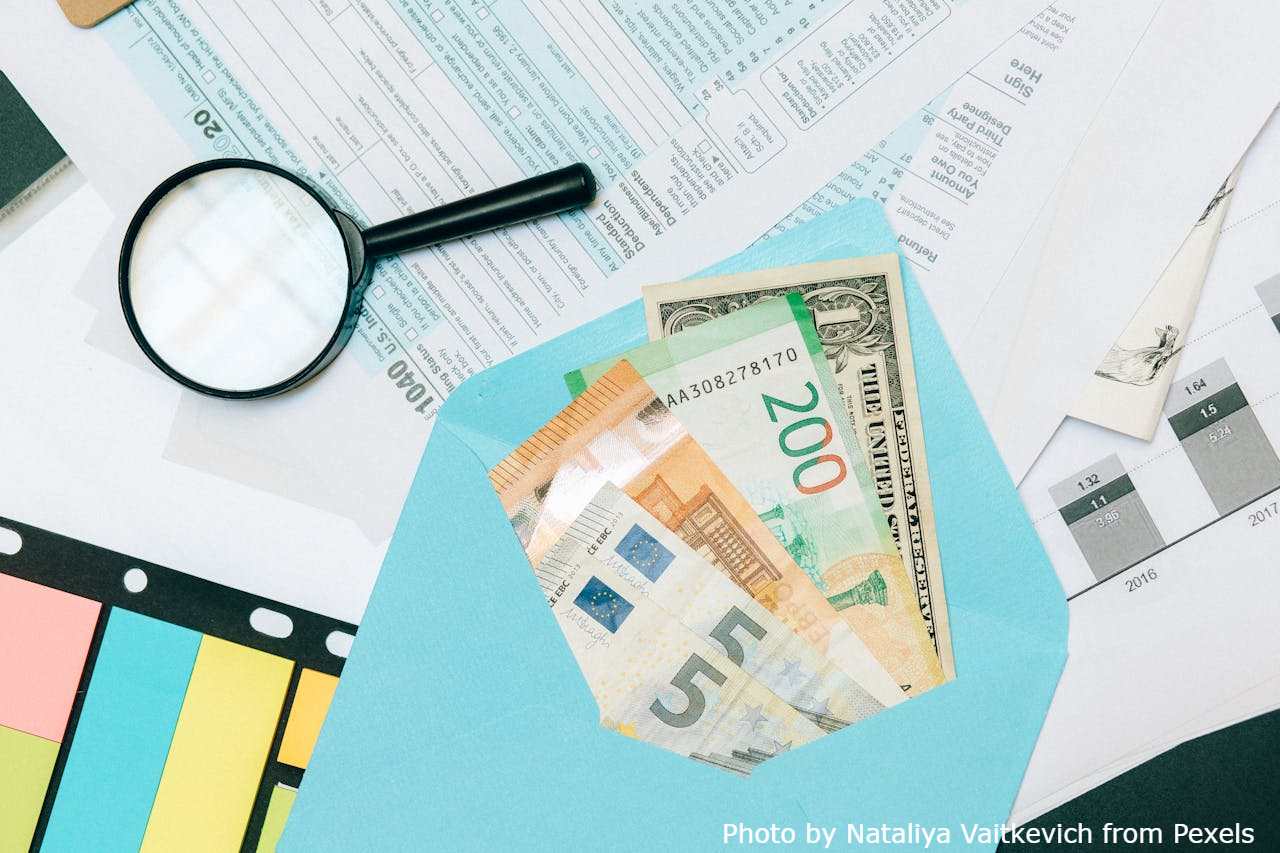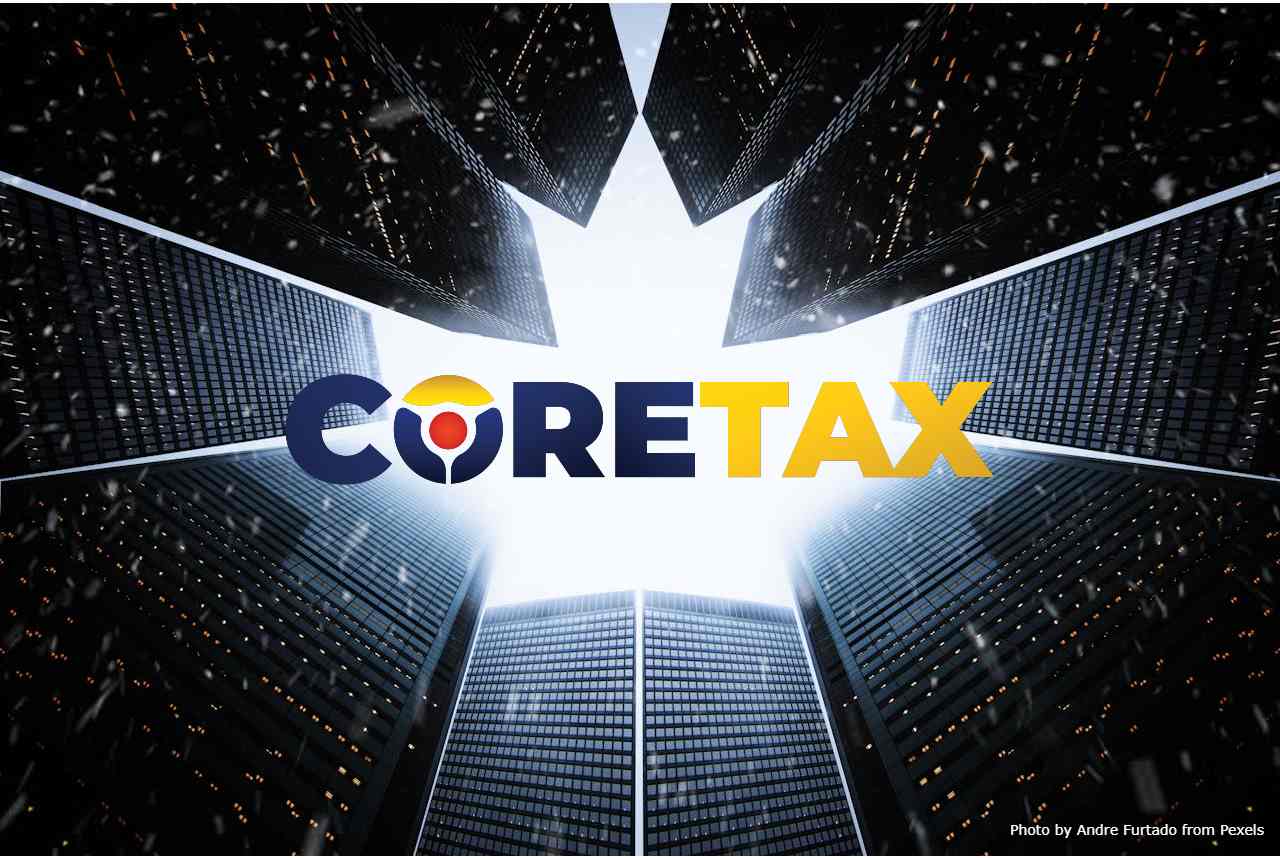What is Tax Refund ?
Tax refund is a request for the return of tax overpayments made by taxpayers to the state. This tax overpayment is a taxpayer's right, which arises if there is an tax overpayment as reported in Tax Return (SPT) or if there is an error in collection or withholding which results in an tax overpayment. This tax overpayment can occur due to several things such as:- Errors in Tax Collection or Withholding: Errors in calculating the amount of tax that should be collected or withheld.
- Tax Credit is Greater than Tax Payable: The amount of tax credit is greater than the tax payable as reported in SPT.
- Tax Payments That Should Not Be Payable: Tax payments that are not actually required to be paid by the taxpayer.
Why is Tax Refund Important?
Tax refunds are part of efforts for transparency and fairness in the tax system. With refund, the state shows trust and respect for taxpayer compliance. Apart from that, refund also aims to create a balance between the rights and obligations of taxpayers and encourage better tax compliance. This also has a positive impact on the country's fiscal health, because it ensures that the tax revenues collected are truly in accordance with applicable regulations.Types of Tax Refund and Conditions for Filing
There are two types of tax refunds based on the terms and conditions for submitting them:A. Conditions for Overpayment of Taxes that should not be PayableThis condition occurs when taxpayers pay taxes that should not need to be paid.Example:Mr Budi has paid income tax of IDR 45 million. However, after recalculating, it turned out that in the 2024 tax year, Mr Budi had no tax payable. Thus, Mr Budi can apply for a tax refund in 2025 to return the excess payment of IDR 45 million.Terms and Conditions for Submitting Refund for Overpayments That Should Not Be payableThe DGT sets different terms and conditions based on the cause of the overpayment, including:1. Tax Refund for Tax Payments by the Payer- Applications must be submitted written in Indonesian.
- Signed by the payer or accompanied by a power of attorney if represented.
- Attach original proof of payment in the form of a Tax Payment Letter (SSP), calculation of tax that should not be payable, and the reason for requesting a refund.
- Delivered directly to the Tax Service Office (KPP) where the taxpayer is registered or by post, expedition service or courier service with proof of receipt of the application letter.
- Submitted written in Indonesian.
- The application must be signed by the taxpayer or accompanied by a power of attorney if represented.
- Attach documents such as photocopies of customs excise and tax deposits letter, photocopies of the Tariff and Customs Value Determination Letter (SPTNP), the Tariff and Customs Value Redetermination Letter (SPKTNP), Notification Letter for Insufficient Payment of Import Duties, Excise, Administrative Fines, Interest and Taxes in the context of imports ( SPKPBM), Customs determination letter (SPP), or import cancellation documents, as well as photocopies of objection decisions, appeal decisions, and/or judicial review decisions.
- Submitted directly to KPP where the taxpayer is registered or via post/expedition service/courier service with proof of receipt.
- Submitted written in Indonesian.
- Signed by the taxpayer or other party with a special power of attorney in accordance with tax regulations.
B. Conditions for Overpayment of Income Tax (PPh), VAT and/or Sales on Luxury Goods Tax( PPnBM)Overpayment of PPh, VAT and/or PPnBM taxes occurs when taxpayers pay more tax than they should.Example:PT. Citra as a Taxable entrepreneurs (PKP) in May 2022 tax period creates an Output Tax Invoice of IDR 550 million. However, the amount of Input Tax Invoices from purchase transactions for taxable goods/services in May 2022 Tax Period is IDR 650 million. Thus, PT. Citra has a VAT overpayment of IDR 100 million which can be compensated for the next tax period or submitted for refund.Terms and Conditions for Submitting Tax RefundIn general, the provisions for returning overpayments or refunding PPh, VAT and PPnBM are the same, depending on the criteria for the tax subject (certain criteria, certain requirements and low- risk PKP). DJP can refund VAT overpayments and issue Overpayment Tax Assessment Letter (SKPLB) if the following conditions are met:
- Taxes that should not be payable have been deposited into the state treasury.
- Tax that has been paid is not credited in the Periodic VAT SPT, is not charged as an expense in the Annual Income Tax SPT, or is not capitalized in the acquisition price.
- The tax collected has been reported by the PKP in Periodic VAT SPT of the collecting taxpayer.
- The tax collected is not objected to by the taxpayer who is collected.
VAT Refund in Imports Context
VAT refunds can also be submitted if an error occurs that results in an overpayment of taxes related to imports, which are stated in documents such as:- Letter of Determination of Tariffs and Customs Value (SPTNP) or Letter of Redetermination of Tariffs and/or Customs Value (SPKTNP).
- Notification Letter for Insufficient Payment of Import Duty, Excise, Administrative Fines, Interest and Tax in the context of imports (SPKPBM), SPTNP, or Customs Determination Letter (SPP) for which an objection decision has been issued.
- SPKPBM, SPTNP, or SPP for which objection decisions and appeal decisions have been issued.
- SPKPBM, SPTNP, or SPP for which an objection decision, appeal decision, and review decision have been issued.
- SPKTNP which has issued an appeal decision.
- SPKTNP which has issued an appeal decision and a review decision.
- Documents containing cancellation of imports that have been approved by authorized officials, causing tax overpayments.
- Taxes that should not be payable have been deposited into the state treasury.
- Taxes that have been paid or deposited relate to import VAT and are reported in Annual SPT for tax year in which the payment occurs, these taxes are not credited in the Periodic VAT SPT, are not charged as expenses in the Annual Income Tax SPT, or are not capitalized in the acquisition price.
Mechanism for Filing Tax Restitution
To get tax refunds, taxpayers must go through several stages regulated by the Directorate General of Taxes (DJP). The following are the steps in the tax refund process:- Submission of Application: Taxpayers submit a request for refund to the DJP through the local Tax Service Office (KPP). This application must be accompanied by supporting documents such as Tax Returns (SPT) and proof of tax payment. Currently, the refund application process can be done online via the DJP Online application, which makes it easier for taxpayers to submit claims without having to come directly to KPP.
- Audit and Verification: DJP will conduct an audit of the refund request. This process includes verification of the documents submitted to ensure that the refund claim complies with applicable regulations. This audit is carried out no later than 12 months after the complete application letter is received.
- Issuance of Overpayment Tax Assessment (SKPLB): If the audit results show that the amount of the tax credit is greater than the amount of tax payable or there is a tax payment that should not be payable, DJP will issue an SKPLB. This SKPLB is the basis for returning tax overpayments to taxpayers.
- Tax Refund: After SKPLB is issued,DJP will return the excess tax payment to the taxpayer. If DJP is late in issuing SKPLB, the taxpayer will be given interest compensation of 2% per month calculated from the end of the period until SKPLB is issued.
- Preliminary Refund Process: In certain cases, as regulated in Articles 17C and 17D of KUP Law, Article 9 Paragraph (4c) of VAT Law, and Minister of Finance Regulation (PMK) No. 209/PMK.03/2021, DJP can carry out a faster preliminary refund process. This facility covers several criteria including certain criteria taxpayers, certain requirements taxpayers, and low-risk taxable entrepreneurs (PKP)
Legal Basis for Tax Refund
The legal basis for tax refunds or return of tax overpayments is Law no. 28 of 2007 concerning the Third Amendment to Law no. 6/1983 concerning General Provisions and Tax Procedures. Apart from that, the provisions are also regulated in Law no. 42 of 2009 concerning the Third Amendment to Law no. 8 of 1982 concerning VAT on Goods and Services and Sales Tax on Luxury Goods. The regulations for the implementation of KUP Law are further regulated in the Minister of Finance Regulation (PMK) and the Director General of Taxes Regulation (PER).Conclusion
Tax refund is one of the rights that taxpayers have when there is an overpayment of tax. This refund process is clearly regulated in various tax laws and regulations in Indonesia, which aim to ensure transparency and fairness in the tax system. Through a better understanding of tax refunds, it is hoped that taxpayers can have more trust and compliance with the tax system, and contribute to the country's development.income-tax , tax-dispute , vat , vat-refund






